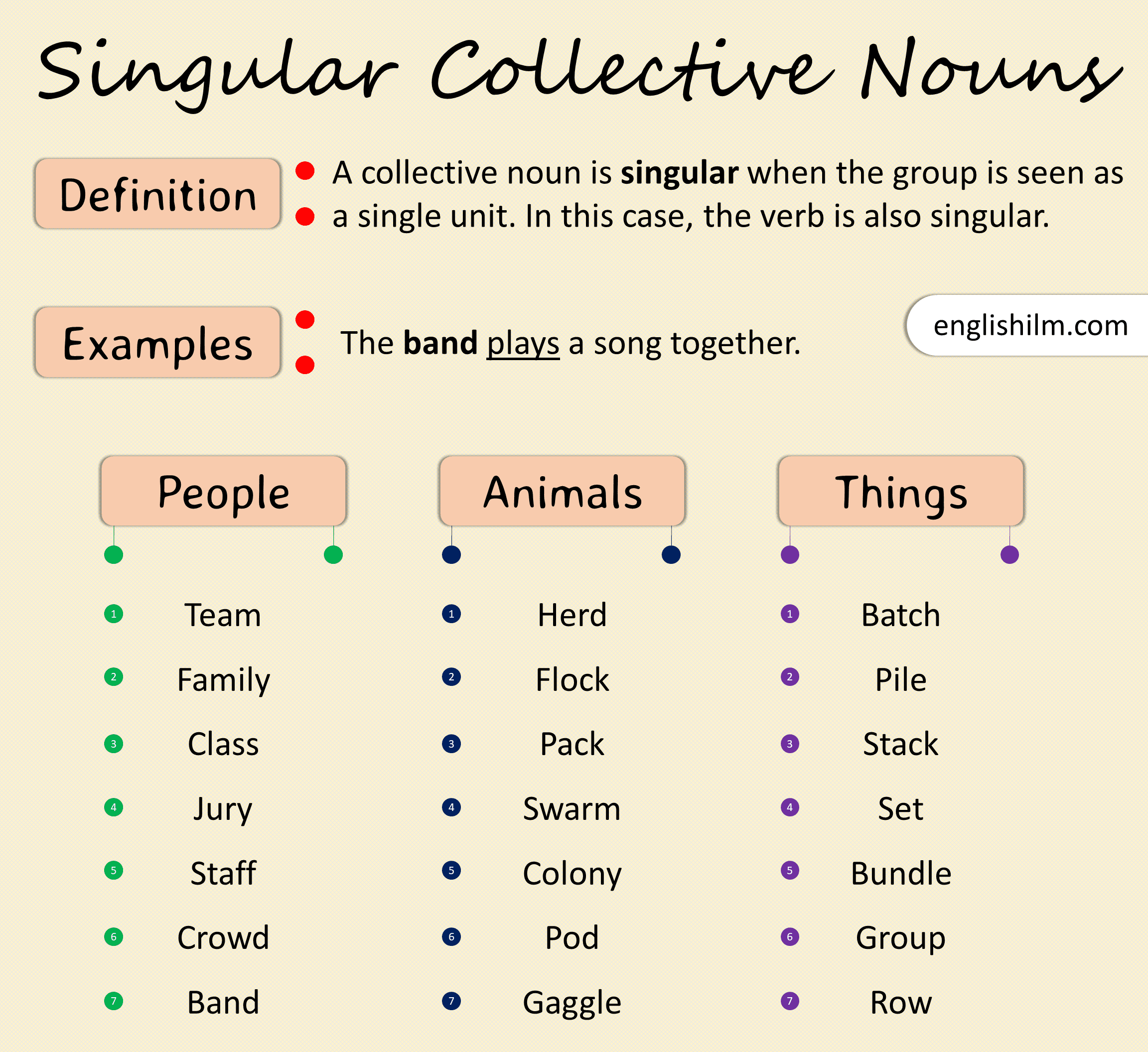When it comes to discussing groups of animals, there are specific terms used to describe them collectively. From a pride of lions to a school of fish, these collective nouns add a touch of whimsy and poetry to the animal kingdom.
Understanding the proper terms for groups of animals can be not only fascinating but also useful in enriching our language and communication. Let’s explore some common plural forms for groups of animals.
Plural for Groups of Animals
One of the most well-known examples of a plural term for a group of animals is a “herd.” This term is commonly used for animals such as cows, deer, elephants, and buffalo. A herd typically refers to a group of animals that move together or graze collectively.
Another popular plural term is a “pack,” which is often used for animals such as wolves, dogs, and even some species of wild dogs like hyenas. A pack is a cohesive social group of animals that work together for hunting or other activities.
For birds, the term “flock” is commonly used. A flock of birds can consist of various species, from sparrows to geese, flying or feeding together. The sight of a flock of birds in the sky can be a breathtaking display of nature’s beauty.
When it comes to marine life, the term “school” is used for a group of fish swimming together. Schools of fish move in synchrony, creating mesmerizing patterns in the water. This behavior is often a defense mechanism against predators.
Lastly, a “pride” is a term used for a group of lions. Lions are social animals that live in prides, which are typically made up of related females and their offspring, along with a few adult males. The pride structure serves various social and reproductive purposes.
In conclusion, understanding the plural terms for groups of animals adds depth and richness to our language. From herds and packs to flocks and prides, these collective nouns capture the essence of how animals interact and thrive in their natural habitats. Next time you encounter a group of animals, take a moment to appreciate the beauty of their collective presence.
